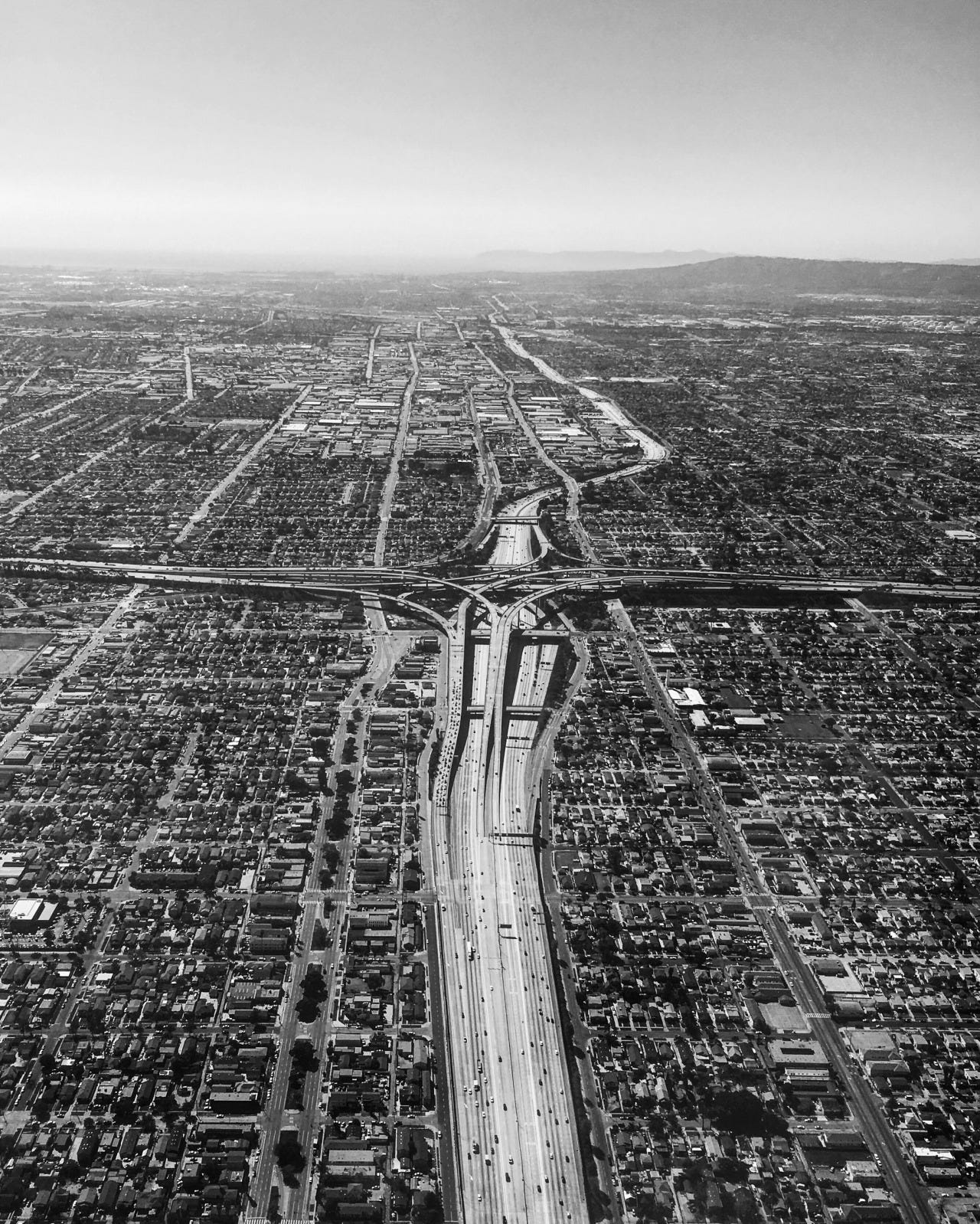Birds of prey have no friends: the first anti-Capitalist War
Hitler: one of the few people in Modern History who have ascended to almost purely memetic status. Che Guevara and Mahatma Gandhi come close, but none of them have gone so far in their transfiguration; perhaps because Hitler serves as the contemporary incarnation of Evil. There are already more than 120,000 books and articles that have been written about the character, so any new approach to the topic has to be justified. This is why Cambridge historian Brendan Simms deserves at least some credit for trying to produce a fresh, powerful and consistent interpretation of the dictator in his 2019 book “Hitler: a global biography”. In the Outpost we believe he also succeeded, which is even better.
An award-winning author of other historical works, Simms specializes in analyzing the centuries-old rivalry between England and Germany. The main thesis of his book on Hitler was already advanced in an article in 2014, titled "Against a world of enemies: The impact of the First World War on the development of Hitler's ideology". The focus of Simms’ interpretation places the life of the German dictator, and in particular his combat experiences in the First World War, at the root of his political beliefs. Then a 25 year old private infantryman, Hitler first saw action at the First Battle of Ypres, where many fresh recruits perished; the event is still remembered in German historiography as the Kindermord bei Ypern (the Ypres Killing of the Innocent); Hitler’s own regiment sustained 3000 casualties out of its 3600 men.
The future Führer would go on to serve at the Battles of the Somme, Arras and Paeschendaele, being promoted to the rank of Gefreiter (lance corporal) and earning the Iron Cross. Like many others of his generation, Hitler soon came to respect the English enemy whom he was facing in the battlefield; not only for his prowess but for his country's productive power.
The Western Front had been the terrifying testing ground of a new doctrinal concept: la guerre de matériel, "material warfare", in which the industrial capacity of the contenders was fully devoted to supplying the troops and carrying out massive artillery shellings, leading to the dizzying casualty rates of the War. This element of Anglosaxon superiority was further fixed in Hitler's mind after the war, when he witnessed the fast economic recovery of the English-speaking world, and the well-being that it provided for its population. Years later, when he became involved in politics, Hitler held on to his admiration for the Anglosphere, now increasingly represented by the blooming USA. In the prison cell where he wrote his seminal book Mein Kampf, he hung a portrait of car manufacturer Henry Ford, which according to him epitomized the American civilization.
Simms tries to convince his readers that the figure of Hitler and the Nazi movement should be put under a new perspective, namely, that Hitler unleashed the Second World War not against Communism nor against the Soviet Union, but against International Capitalism. This Anti-Capitalist streak was primely directed against Great Britain and its ally, the United States, and was rooted in anti-Semitism. For Hitler, Bolshevism itself was nothing more than an instrument of Jewish capital.
Nowadays, the memetic weight of the Holocaust dominates the collective imagination about the Second World War. Nonetheless, it was not seen as the main point of the conflict by contemporary Americans. At Nuremberg, Nazi leaders were indicted primely for conspiring against peace and for waging wars of aggression; the accusations of war crimes and crimes against Humanity came second, and were not given an exclusively anti-Semitic interpretation. The trials were also criticized by jurists for their ex post facto nature: the crimes were only codified as such after their perpetration, with Chief US Prosecutor Robert H. Jackson describing the whole legal process as a “high-grade lynching party”. The centrality of the Holocaust in narratives of the war started growing much later, after Israel’s independence in 1948, high-profile Nazi executions such as Adolf Eichmann’s in 1962, and the proliferation of literature and film about the war.
According to Simms, however, the Holocaust was not "a detail" of the war that Hitler planned. On the contrary: the Jews were the main objective of destruction, being the human element of International Capitalism. Hitler, more than an anti-Communist, was an anti-Semite.
In his 1945 Berlin testament, he did not even mention the Soviet Union or Communism; he had carried out the war effort that eventually led to his death with a single objective: opposing “the international statesmen... of Jewish origin or who worked for Jewish interests”. All across his writings he makes frequent references to “International Jewry and its collaborators”. This terms are highly charged, and their use is meant to target a specific type of capitalist: the globalist financial bourgeoisie of moneylenders who do not build nor create, but prey on other’s work. Alchemists performing dark magic with numbers, juggling assets and exchange rates. In a sense, it was a revival of the old medieval taboo on usury, still present in most of the Muslim world.
It is simply a historical truth that Hitler's army endured most of its hardest fighting on the Eastern Front, but Simms' framework suggests Hitler’s strategic gaze was set on the West. If Germany was fighting the USSR to obtain its coveted Lebensraum, it was to compensate for a deficit of territories, resources and human strength: in sum, all of the advantages that the “Jewish capitalists” had at their disposal.
Globally, Simms' interpretation of the facts is not really new. Movements on the Fascist side of the spectrum have always rejected financial Capital and the rootless, cosmopolitan culture it engenders, its non-generation of value. The moniker National Socialism is there for a reason. Nazis were an offshoot of German Socialism, a bastard product of Idealist over-theorization and French revolutionary literature. Their model, which glorified the German petty-bourgeois and seeked to transform him into a citizen-at-arms, was always more Spartan than Athenian.
What is interesting, though, is that Hitler’s German Anti-Capitalism only echoed the ideas of many North American capitalists, among them Henry Ford himself. Like many others in the English-speaking world, Ford approved of Hitler's European policy. He saw in it a force capable of counteracting the parasitic financial power embodied by “Jewish Capitalism”, the true enemy of the industrial civilization which had taken root in the United States.
It is a well known fact that, for the war’s duration, Ford had been producing both jeeps for the US Armed Forces and turbines for the Wehrmacht’s V-2 rockets. In June 1940, after France had been already conquered, Henry Ford personally blocked a US government-approved plan to build Rolls-Royce engines under license, for use in British fighter planes. The manufacturing plant of Ford Motor Co. in Germany did not need to be seized by the Third Reich, as it collaborated freely with the war effort after the American and German branches broke contacts, once the US had entered the fray against the Axis. Furthermore, Ford was not alone in this position. General Motors Corp. literally put the German invasion of Poland on wheels. The use of POWs as labor certainly cut costs for American manufacturers operating in conquered Europe, but what is attributed to simple greed might actually have been a principled stance. It turns out corporate America loved the Fascists: IBM, Exxon (then Standard Oil of New Jersey), Gillette, General Electric, Singer, Eastman Kodak… All of them had a German connection.
After the War, and moreso after General Eisenhower’s presidency, the US went on with the civilizational project initiated by Ford and developed by National Socialism: the Autobahn, the Volkswagen and the V-2 bomb became the Interstate Highway System, the Chevrolet, and the Intercontinental Ballistic Missile. A certain vision of the future had prevailed, the mission was accomplished and the victors were to enjoy the spoils of victory. The Second World War might have been “America’s Good War”, a conflict based on ideals. What those ideals were, and whether they were that good after all... well, that’s an entirely different story.




